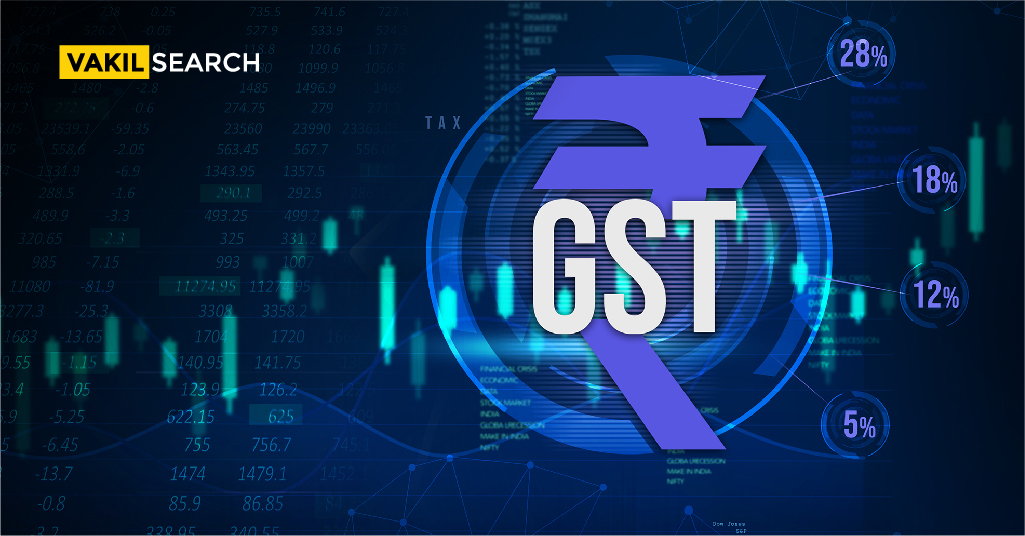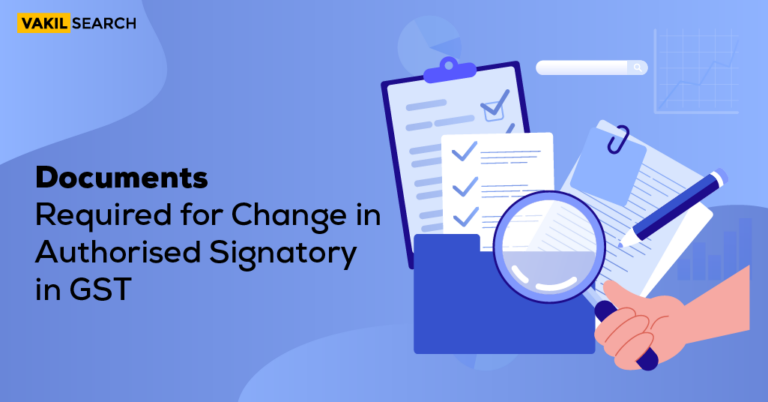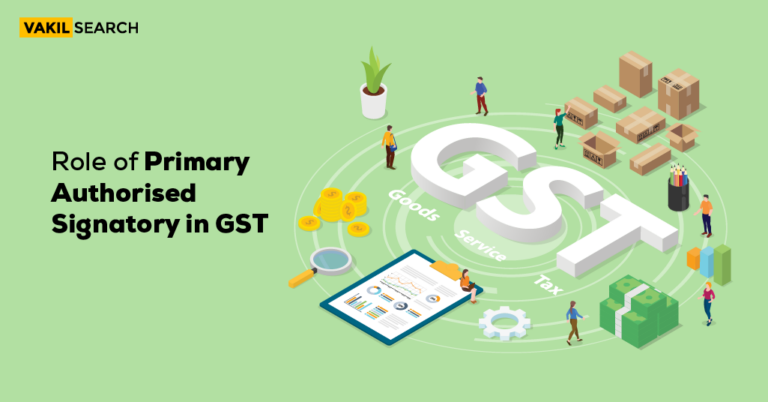The supply of goods or services, or both, is a taxable event under GST. Unless otherwise exempted, GST will be levied on each and every supply of goods, services, or both.
The Benefit of Compulsory GST Registration
GST registered taxpayers will benefit from registration in the following ways:
- They will be legally recognised as a supplier of products or services
- They will be legally permitted to collect taxes from their customers
- The taxpayers will also be permitted to credit the purchasers/recipients for taxes paid on the goods or services supplied
- Registered taxpayers under GST regime can also claim an input tax credit for taxes paid on their purchases/procurements and use the same to pay those taxes payable on the provision of goods or services.
- Compulsory registration also ensures that there is a consistent flow of ITC from suppliers to recipients on a national scale.
Registration Under GST: When Is it Compulsory?
| The GST threshold ceiling was raised to ₹40 lakhs for providers of goods on 1 April 2019. The threshold level for service providers, on the other hand, remains at ₹20 lakhs. |
In India, the following persons and organizations are mandatorily required to undergo New GST Registration Online:
- Businesses involved in inter-state supply of goods and services
- Non-resident taxable person
- Casual taxable person
- Taxpayers under the reverse charge mechanism
- Businesses registered under old tax services, such as VAT, excise, and service tax
- Any business engaged in the supply of goods whose turnover in a fiscal year exceeds ₹40 lakhs for states in the normal category who have opted for the new threshold (₹20 lakhs for special category states and those in states which have not opted for the new threshold, for example, the state of Telangana)
- Any business engaged in the rendering of services whose turnover in a fiscal year surpasses ₹20 lakhs in normal category states (₹10 lakhs for special category states)
- Agents of a supplier
- Input service distributors
- Businesses that supply online information, database access, and/or retrieval services from outside India to a person/business within the country
- E-commerce aggregators
- Businesses that supply through an e-commerce aggregator
- Other individuals and businesses as notified by the central/state govt, on recommendation by the GST Council.
However, entities engaged only in the business of supplying goods or services or both that are not subject to tax or wholly exempt from tax or farmers, to the limit of sale and distribution of products born out of the cultivation of land, are not obliged to register under GST.
Also, if all the supplies being made by a provider are subject to tax under reverse charge, there is no necessity for such a supplier to register in light of Notification No. 5/2017-Central Tax dated 19.06.2017.
Get Help to Complete Compulsory Registration Under GST
If you are any of the aforementioned GST entities that are required to undergo GST registration: https://reg.gst.gov.in/registration/, get in touch with the experts right away to start the GST enrollment process. Moreover, if you are unsure about whether or not you are required to undergo mandatory registration. It is best to engage the services of professionals in the field.










